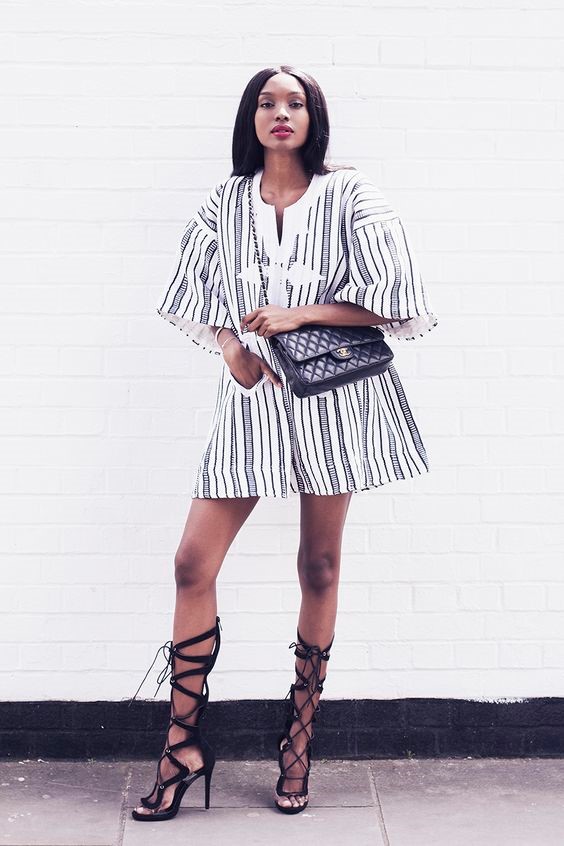Get ready to make a bold fashion statement that captures the essence of Ghanaian culture with the enchanting Batakari, also known as Fugu.
This iconic attire, originating from the northern regions of Ghana, is more than just a garment – it’s a testament to the rich heritage and timeless elegance of the Ghanaian people.
Imagine yourself draped in the exquisite folds of a Batakari, with its vibrant colors and intricate plaid patterns drawing admiring glances from all who cross your path. Unlike the more common Ankara and lace fabrics, the Batakari offers a unique and captivating alternative that tells a story of history, culture, and the indomitable spirit of the Ghanaian people.
By donning a Batakari, you’re not just making a fashion statement; you’re embracing a legacy that has been passed down through generations. So, are you ready to embark on a fashion journey like no other? Get ready to rock the Batakari this season and let your style speak volumes about your appreciation for the rich tapestry of African culture.
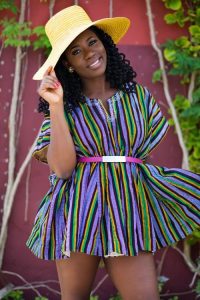 Essence of Batakari
Essence of Batakari
The Batakari is a plaid garment that shares similarities with the Joromi and Dashiki, which are popular in other African tribes. Traditionally, the Batakari was worn by kings in the three Northern Regions of Ghana, symbolizing power and tradition. Over time, this fashion has gained widespread popularity among the people, becoming an integral part of their culture.
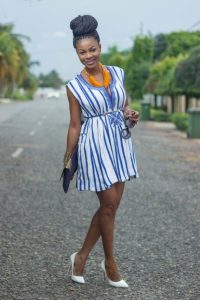 Craftsmanship and design
Craftsmanship and design
The creation of a Batakari involves skilled craftsmanship and attention to detail. Hand-loomed strips of Kente fabric, measuring three to four inches in length, are meticulously sewn or woven together to form the smock.
The final design of the Batakari can vary depending on the designer and the wearer’s preference, allowing for a personalized touch. To complete the look, a cap is often worn to complement the Batakari, adding an extra layer of sophistication and cultural significance.
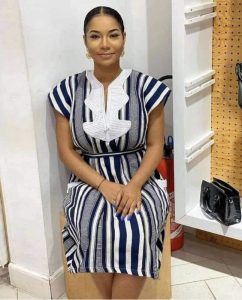 Cultural significance and occasions
Cultural significance and occasions
The Batakari holds a special place in Ghanaian culture, being worn at various important occasions. During the Damba Festival, celebrated by the people of Dagbon, Gonja, Mamprusi, Nanumba, and Wala of Northern Ghana, the Fugu serves as the required dress code. It is also commonly worn at burial and marriage ceremonies, showcasing its deep-rooted cultural significance.
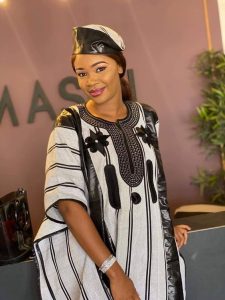 Political and national recognition
Political and national recognition
The Batakari has gained national recognition and has been embraced by influential figures in Ghana. Former Presidents Jerry Rawlings and John Evans Atta Mills extensively wore the Fugu as their ceremonial gowns, officially acknowledging it as a national attire. Additionally, many politicians can be seen wearing party-customized Fugu at rallies and conventions, further cementing its importance in the political sphere.
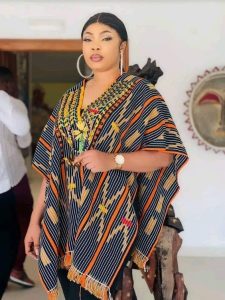 Wearing the Batakari with style
Wearing the Batakari with style
You don’t have to be a native of Ghana to embrace the beauty and elegance of the Batakari. This versatile attire can be worn in various ways, allowing you to express your personal style while standing out in the crowd. Whether you opt for a traditional look or incorporate modern twists, the Batakari is sure to make a lasting impression.
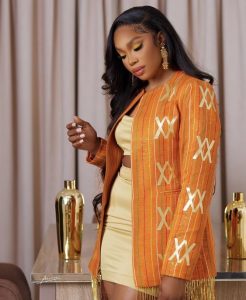 Language of Fugu
Language of Fugu
Beyond its visual appeal, the Batakari carries linguistic and symbolic meanings. The position of the cap worn with the Fugu can indicate the wearer’s rank and status. For instance, if the cap is turned to the left, it signifies that the wearer is royalty.
An upright cap denotes the highest status or rank, while a cap turned to the back indicates that the wearer has followers. Warriors often wear the cap pointed forward, symbolizing that there is nobody behind them.
Conclusion
The Batakari, or Fugu, is more than just a garment; it is a symbol of Ghanaian culture, tradition, and identity. By incorporating this timeless attire into your wardrobe, you not only elevate your style but also pay homage to the rich heritage of Ghana.
Embrace the beauty and versatility of the Batakari, and let your fashion choices tell a story of cultural appreciation and individuality. So, go ahead and rock the Batakari this season, and let your style speak volumes about your connection to the vibrant and diverse world of African fashion.

